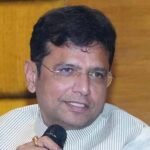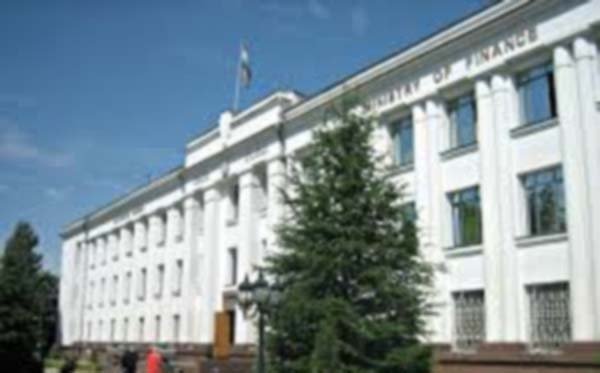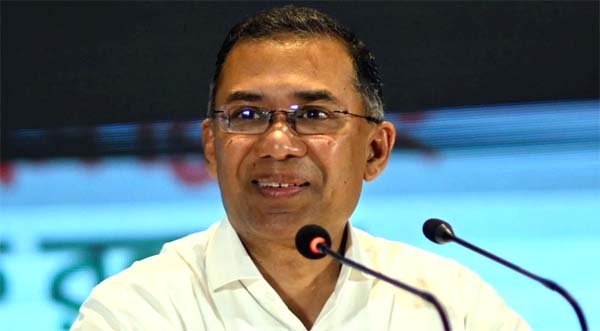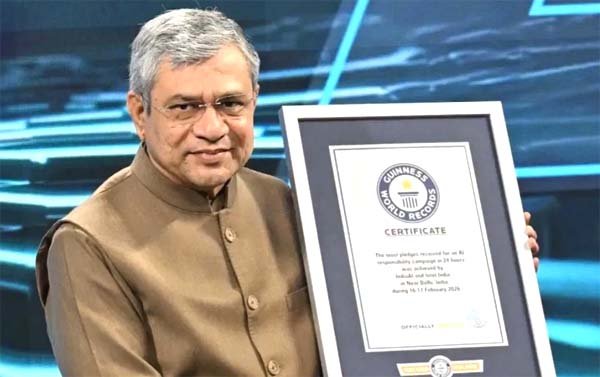- First Session Focused on Agriculture and Allied Sectors
Dr. Yadav emphasized that rural youth should become agricultural entrepreneurs in the coming years, and collective efforts are needed to achieve this. He noted that transitioning farming toward organic methods is a major challenge, but one that must be overcome. He also stressed to pursue the goal of promoting Shree Anna (millets) and continuously increasing their production through concrete measures. The Chief Minister said that farmers should be encouraged to shift from conventional farming to income-generating activities such as horticulture, dairy production, and fisheries. The state already produces large quantities of bananas, oranges, tomatoes, and other horticultural crops, which should be processed locally and marketed more effectively.
Dr. Yadav instructed that fertilizer use be managed strictly on a scientific basis and controlled where it is excessive. He directed collectors to ensure that weekly local markets promote the sale of produce grown through natural and organic methods. They should also encourage farmers to grow cash crops through awareness campaigns. Collectors were instructed to motivate at least 100 farmers for natural farming, maintain records, and study the benefits derived.
The Chief Minister praised rose cultivation in Guna district as a progressive initiative and suggested promoting rose farming in all religious towns to meet local demand. He also directed close monitoring of soybean auction rates in agricultural markets.
Promotion of Bhavantar Scheme
Dr. Yadav urged extensive promotion of the Bhavantar Bhugtan Yojana, ensuring that its benefits reach the maximum number of farmers. Collectors were told to diligently work for its effective implementation so farmers receive the maximum advantage.
Control Over Stubble Burning
Expressing concern over stubble burning, the Chief Minister instructed strict enforcement to curb such incidents. He called for an active control mechanism and enhanced monitoring. Collectors were asked to collaborate with the agriculture department to counsel farmers against burning stubble and to educate them about alternative disposal methods.
Agriculture Production Commissioner’s Presentation
Agriculture Production Commissioner Shri Ashok Varnwal conducted the session and gave a detailed presentation. Topics discussed included the promotion of natural farming, climate-resilient crops, horticultural production, productivity-centered clusters, micro-irrigation, cage culture and selective breeding in fisheries, crop residue management, fertilizer and seed distribution, Bhavantar payment for soybean, and dairy and cowshed management. Shri Varnwal identified crop residue management as a top priority and urged collectors to organize village-level farmer workshops and promote the use of equipment such as Happy Seeder, Super Seeder, and Baler. The session also covered fertilizer management for the Rabi 2025–26 season. Secretaries of agriculture, horticulture, animal husbandry, and cooperation (fisheries) departments shared their departmental plans and achievements.
Outstanding Work in Five Districts
Collectors from five districts presented exemplary agricultural and horticultural initiatives. They include Guna: Rose cluster development. Harda: Promotion of natural and organic farming. Shajapur: Token system for fertilizer distribution.Sheopur: Effective crop residue management. Khandwa: Successful operation of cow shelters (Gaushalas).
Collectors and commissioners gave suggestions to enhance the implementation of the state’s agricultural production policy and to foster innovation in the farming sector.











